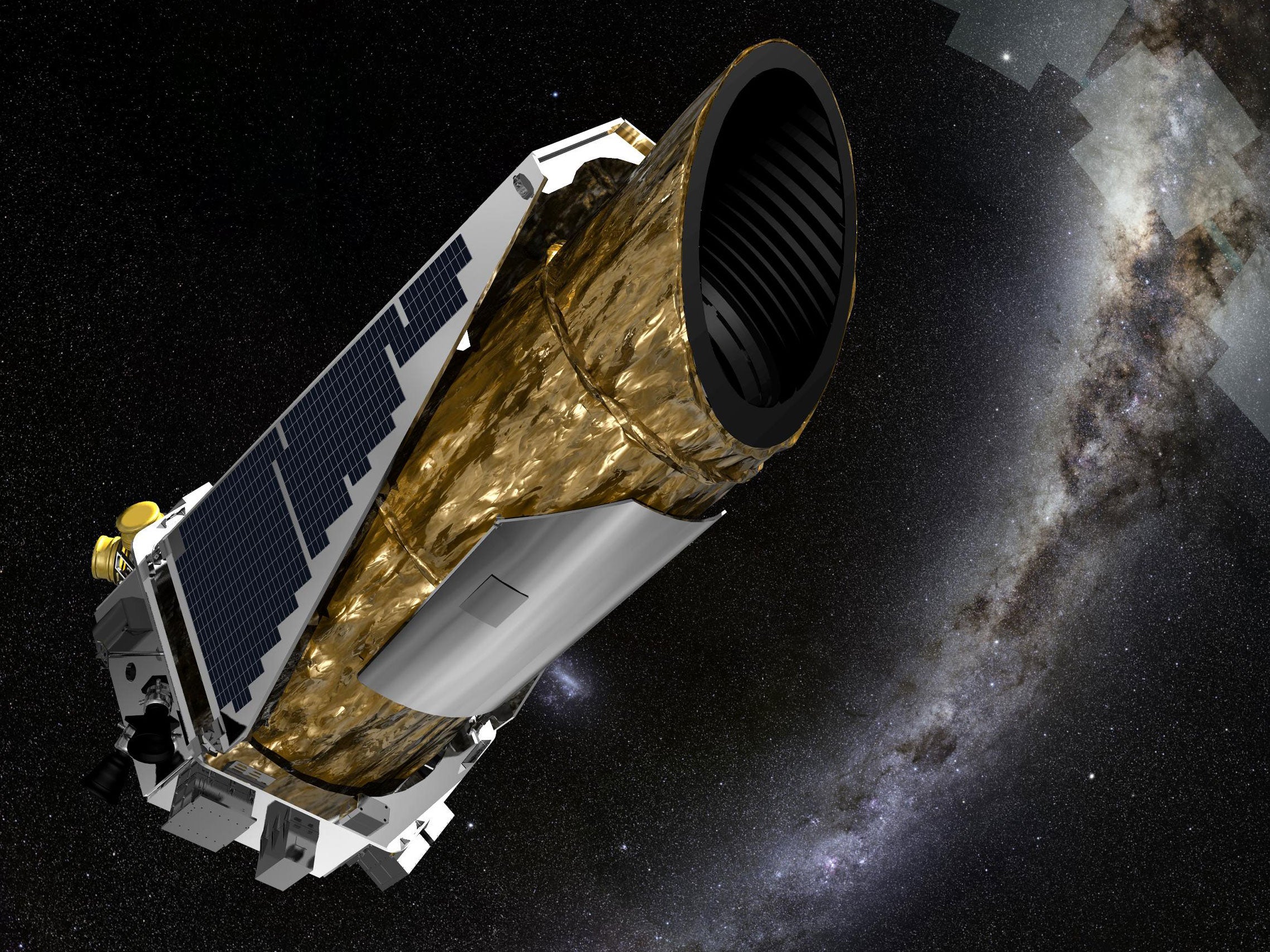Nasa announcement live: Earth 2.0 planet Kepler 452b discovered by Kepler Telescope
Nasa says: 'Astronomers are on the cusp of finding something people have dreamed about for thousands of years - another Earth'

Your support helps us to tell the story
From reproductive rights to climate change to Big Tech, The Independent is on the ground when the story is developing. Whether it's investigating the financials of Elon Musk's pro-Trump PAC or producing our latest documentary, 'The A Word', which shines a light on the American women fighting for reproductive rights, we know how important it is to parse out the facts from the messaging.
At such a critical moment in US history, we need reporters on the ground. Your donation allows us to keep sending journalists to speak to both sides of the story.
The Independent is trusted by Americans across the entire political spectrum. And unlike many other quality news outlets, we choose not to lock Americans out of our reporting and analysis with paywalls. We believe quality journalism should be available to everyone, paid for by those who can afford it.
Your support makes all the difference.Nasa has announced the discovery of Kepler 452B by their Kepler space telescope - a planet very similar to Earth in the Milky Way. Here are the latest updates:
Please wait a moment for the liveblog to load
The Kepler telescope, which was launched in March 2009, has previously discovered more than 1,000 planets in space - but Nasa's teasing announcement suggests that this discovery could be its most significant to date.
It would be an astounding achievement, considering the first star-orbiting planet outside the solar system was discovered in 1995.
In a statement, Nasa said: "Today, and thousands of discoveries later, astronomers are on the cusp of finding something people have dreamed about for thousands of years - another Earth."
Kepler works by monitoring hundreds of thousands of stars at once, and analysing the light levels that they give out.
When a planet passes between the star and the telescope, it obscures some of the light, and Kepler notices the dip in light levels.
Using this method, it has been responsible for the vast majority of planet discoveries in the last few years.
Currently, Kepler's main mission is to detect earth-size planets within the habitable zone - the distance from a star where the temperature on the planet could allow liquid water to exist.
Nasa's announcement will be livestreamed online, in a conference beginning at 5pm.
Join our commenting forum
Join thought-provoking conversations, follow other Independent readers and see their replies
Comments